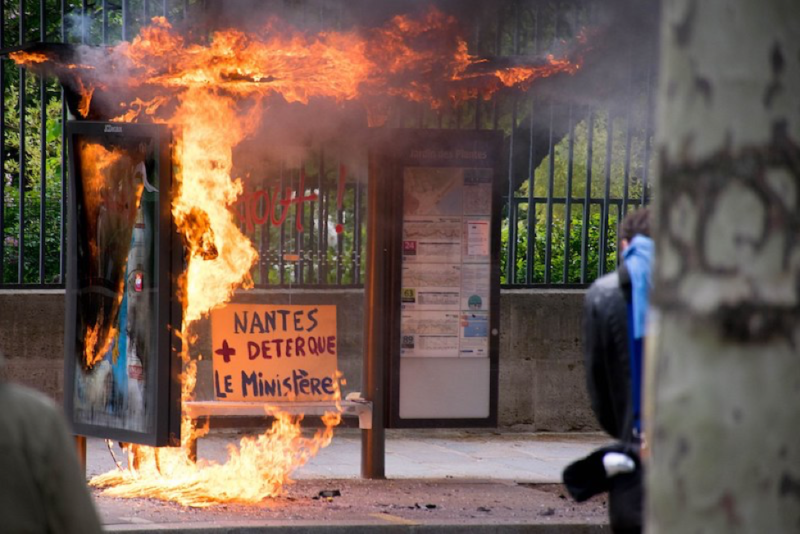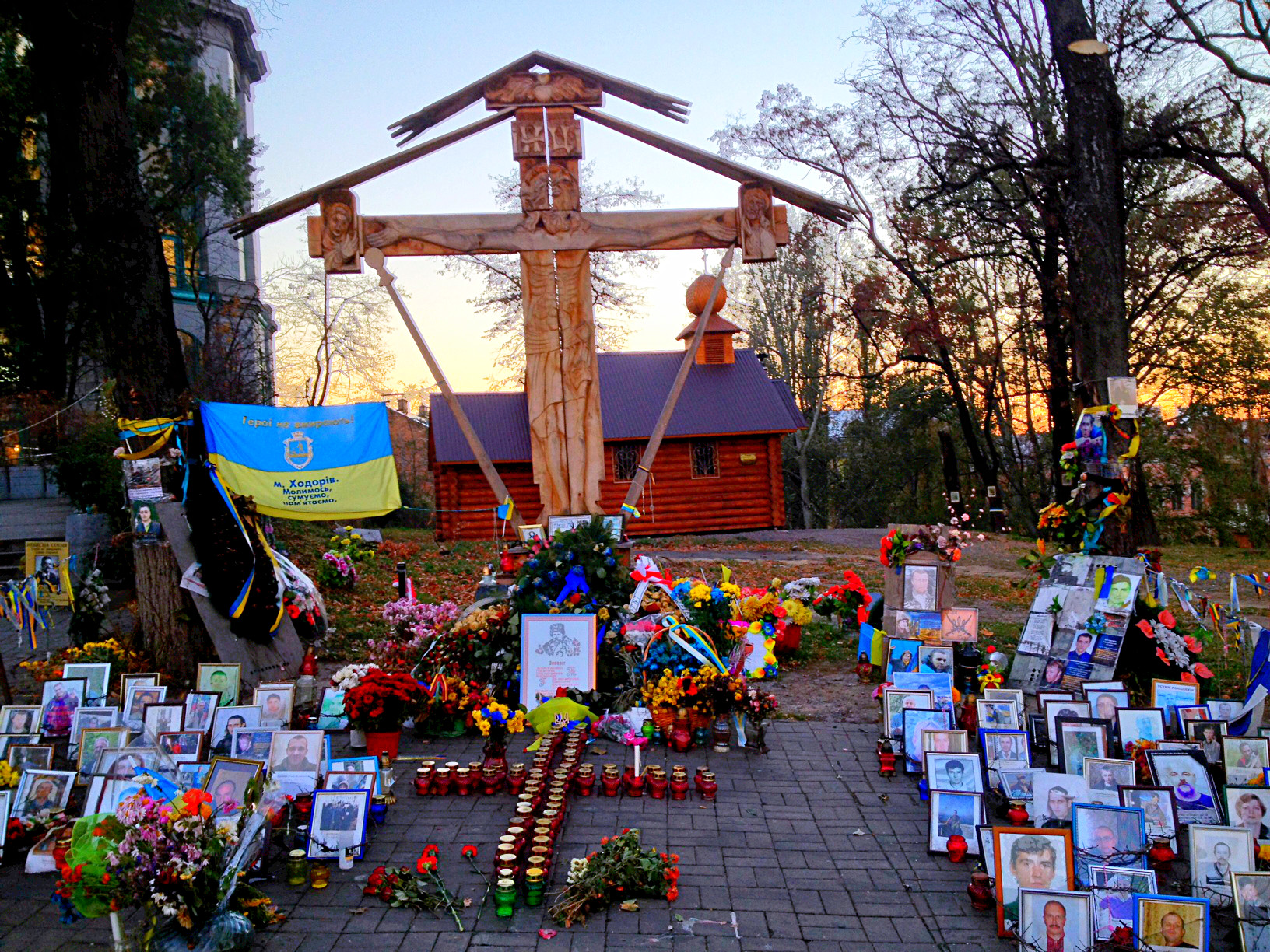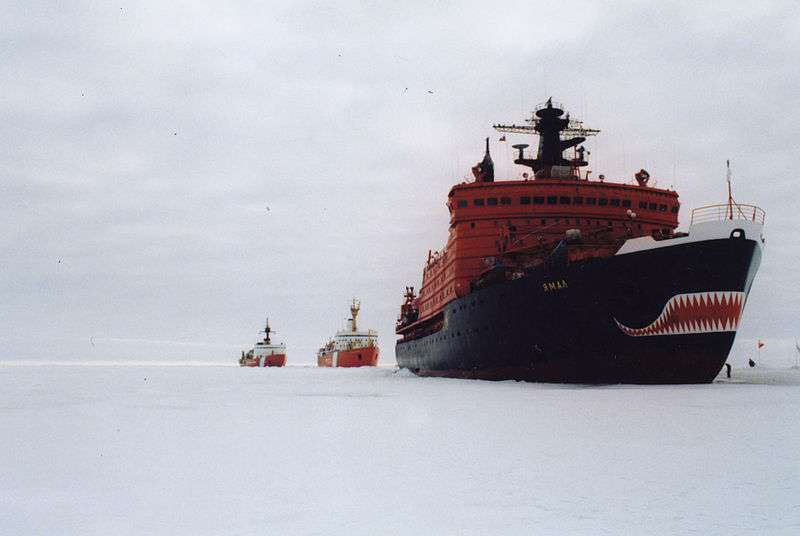By: Simon Miles
France’s socialist party last prevailed in the 1988 presidential election, won by François Mitterand (the incumbent) by a solid majority. Now, in the run-up to the 2012 elections, many French Socialists hope to repeat that success with François Hollande at the helm. This electoral cycle saw the Parti Socialiste (PS) engage in a new democratic experiment: holding a primary (similar to the model used by the major US parties) to determine their presidential candidate. All were able to participate provided they were either eligible voters or foreign members of the PS; were willing to support the cost of the process with a donation of at least €1.00; and signed a nebulous affirmation of adherence to leftist values.
Emerging triumphant from the primary was François Hollande, the former First Secretary of the PS. Many expect that he will go on to defeat the now unpopular President, Nicolas Sarkozy, in the 2012 election. Polls suggest that he would win by a convincing but not overwhelming margin, which is cause for concern to many in France who see the PS’ vision as disastrous. With austerity plans in the process of implementation, economic stagnation, and the growing popularity of the far-right National Front chipping away at the more right-wing component of Sarkozy’s support base, the PS’ predicted success is not at all unfeasible. When Valéry Giscard d’Estaing, President of France from 1974 to 1981, was ousted after his first term, his popularity was higher than Sarkozy’s.
What then would be the impact of a new Socialist president for France, particularly in its role as a member of NATO? Firstly, the 2012 election is likely to take place in the midst of a continuing Euro crisis, and France’s ability to service its debts will play a major role in ensuring market confidence. Debt- and spending-reduction measures are scarcely activities for which socialist parties have a predilection. Hollande’s political career has chiefly been in the impoverished Corrèze department, which is one of the country’s most indebted regions. His proposed policies of job-creation will require major government spending: an increase in France’s roster of teachers by 60,000 state employees, and tax incentives to businesses who hire new workers under 25 or over the retirement age. All of this amounts to a grim outlook for France’s fiscal security, and with it that of the Eurozone as a whole.
Secondly, there is the question of French defence spending. Hollande has not come out in criticism of France’s participation of the NATO-led intervention in Libya; but he certainly is far from as enthusiastic about French involvements in conflicts abroad as is the incumbent. Sarkozy sent French troops to Afghanistan and the Côte d’Ivoire, but his investment in the Libyan campaign was far more personal and enthusiastic, so much so that he took major foreign policy decisions, such as recognizing the Libyan rebels as the country’s legitimate government, without his Foreign Minister’s knowledge! The PS has its own history of international involvement in times of crisis, but it is reasonable to expect that under Hollande, France would be a less-engaged NATO partner. There is however, no current evidence to indicate that Hollande would go so far as to reverse Sarkozy’s decision to rejoin NATO’s military command in 2008; itself a reversal of Charles de Gaulle’s 1966 decision to leave it.
In short, François Hollande’s victory in the PS primaries should not be as much of a concern to Altanticists as it is to France’s business community. The Libyan engagement has made it clear that in France there is a volition for international involvement and engagement with NATO, something a political candidate is not likely to ignore.
Disclaimer: Any views or opinions expressed in this article are solely those of the author and do not necessarily represent those of the NATO Council of Canada.



